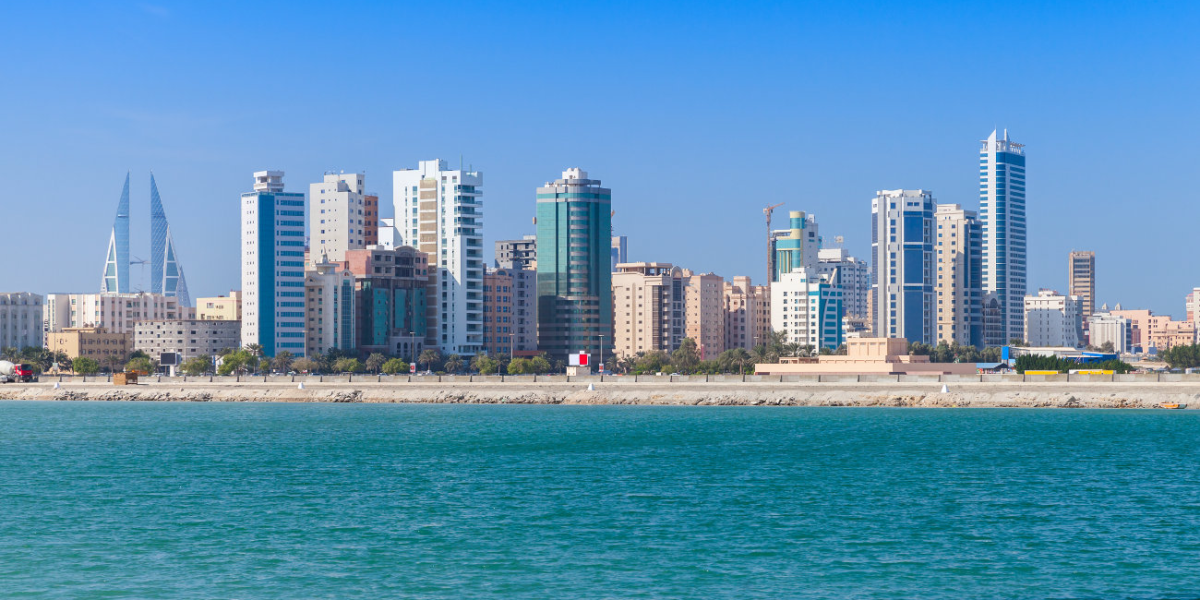
As the new year starts, Middle East countries such as Saudi Arabia, the United Arab Emirates, Kuwait and Bahrain have already announced a few measures that are likely to have an impact on the lives of expatriates – rising taxes, decreasing subsidies, new fees, among others. Expat.com gives you an insight into these measures if you are planning to move or you have already settled there.
For years, Middle East countries such as the United Arab Emirates, Saudi Arabia, among others, have become attractive destinations for professional expatriates for many reasons – attractive wages, better career prospects, etc. But what is it like to live in the Middle East, especially in terms of quality of life and cost of living? Last December, some of these countries have announced a series of measures that are bound to affect the lives of expatriates living over there. Some of them have already been implemented. As part of reform programs, expatriates may have to pay higher taxes and be faced to other additional charges.
Saudi Arabia introduces new taxes
As from the 2nd quarter of 2017, a 50% tax will apply on soft drinks, energy drinks and soda as part of the country's Program 2020 with a view to fight obesity and diabetes. A 100% tax will also be levied on cigarettes and all tobacco products. Note that these new taxes that were initially proposed by the Gulf Cooperation Council (GCC) are now part of Saudi Arabia's new budget along with other significant changes.
A new 5% value added tax (VAT) will be introduced as from early 2018. VAT will apply on most products, except on a defined list of food items, health care, education and social services. However, unlike what has been reported by some regional media, Saudi Arabia has confirmed that is not likely to introduce income tax for expatriates.
Rising expat fees for Saudi employers
Employers and sponsors recruiting foreign workers will have to pay higher fees for each expat employee by the end of 2017. They currently pay around $ 53.33 per month for each employee. These fees should be quadrupled by 2020 according to local media reports. Companies will also have to pay extra fees in case the number of expatriates employed equals or outnumbers the number of Saudi workers.
The Saudi government is also planning to introduce an additional fee of SR 1,200 per annum for each dependent of an expat worker in the coming months. Fees should be paid at the renewal of the expatriate's resident permit (Iqama). These are expected to reach a total of 65 billion riyals by 2020.
Local experts believe that this measure could have a negative impact on the country's attractiveness, not only in terms of employment but also in terms of real estate and quality of life and cost of living as prices go up. Indeed, expats could also have to pay more on their water, electricity and gas bills and for fuel to fill their tanks. Local authorities are currently discussing about phasing out subsidies so as to save over 200 billion riyals by 2020.
Online commercial visas for foreign investors
Since January 1st, foreign businessmen and investors seeking investment opportunities are eligible for an online commercial visa. They no longer have to produce a letter to the relevant authority or an invitation letter that used to be validated by Chambers of Commerce. This new mechanism aims at improving business performance in the private sector. The online commercial visa will be issued within 24 hours following submission of passport.
Greater highly-skilled expat workforce in the UAE
The United Arab Emirates can boast about being one of the best destinations in the world for skilled expat workers. Indeed, the number of highly-skilled expat workers in the country went from 400,000 to 600,000 during the past 5 years. And it's not over yet! The ministry of Human Resources and Emiratisation plans to introduce new regulations to boost the number of highly skilled expat workers by 2021, especially those holding a diploma or more.
Training centers around the country and abroad are all together to make sure that the expat workforce consists of highly qualified and skilled foreign professionals. At the same time, the government want to introduce in the coming weeks a good conduct certificate for foreign workers who want to move to the UAE. This document that has to be issued in their home country and accredited by the nearest UAE embassy aims at ensuring greater security.
On the other hand, expat tenants in Abu Dhabi will have to pay an additional municipal fee which is equivalent to 3% of their annual rent. According to the Abu Dhabi Department of Municipal Affairs & Transport, this new fee takes effect retroactively as from February 2016 and is expected to increase State revenues. Note that Dubai expat tenants also have to pay a 5% municipal fee.
Kuwait to limit its expat population
Kuwait government is working on several measures aiming at reducing its expat population. Some of these would be to limit family visas and introduce tests for expats seeking employment in the country. These tests will be carried out in their home country before they are hired. Thus, only high-skilled workers will be considered. Morever, the daily fine for residency violators will be increasing from $6.53 to $13.06.
Currently, expats makes up 70% of the 4.4 million population. Quotas will also be introduced for every nationality with the aim of reducing the expat population to 60%. According to local media reports, the governement also wants to ban the hiring of expat workers in the public sector.
Bahrain makes medical checkups compulsory
Expatriates in Bahrain will now have to undergo regular private check ups to be entitled to the renewal of their resident permits. These changes are part of the new health bill recently approved by the government. Until now, medical check ups were mandatory only for employees of some specific sectors. According to these reforms, companies should also provide a health insurance to their expatriate employees while Bahrain nationals will be covered by the National Health Insurance Scheme.



















